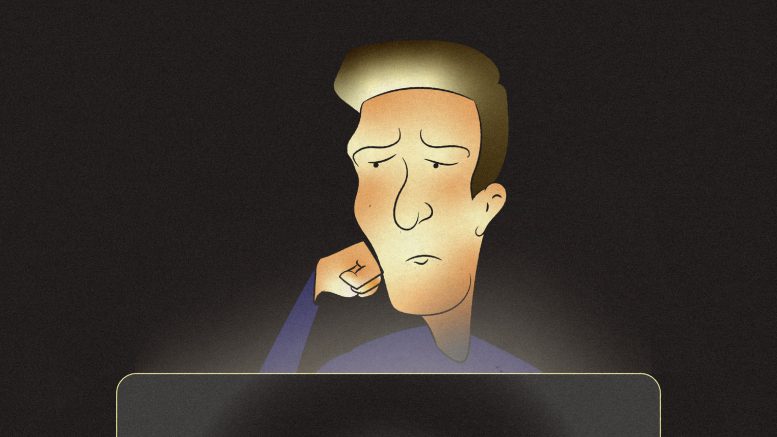In 2019 students thought, just like everyone else, that their lives would go on as they had initially imagined.Most students thought the time and financial resources they set aside to finish university or college would remain in place. But unfortunately, the pandemic has created uncertainty, leaving students to make tough decisions about the future.
One major change for students was the shift from in-person to online classes. In2020, most universities in Canada and around the world required students to attend all classes online through Zoom, Microsoft Teams and other remote communication methods.
In the early months of the pandemic, Statistics Canada collected data from over 100,000 post-secondary students. The final report indicated that 57 per cent ofCanadian students’ “academic work placements or courses were either delayed, postponed or cancelled.” Not being able to reach professors, academic advisors or career advisors due to remote communication likely led to lower grades and amore stressful academic journey for a large number of students. Missing the human communication also made education more challenging for many students, not to mention the stress of dealing with technical difficulties during lectures and exams.
The impact of COVID-19 on the economy has been devastating, causing people to lose wages, hours or, in many cases, their jobs. As a result, students’ financial situations have suffered, especially for those who depend on part-time work to support their education. Considering many of these students work in restaurants, retail stores and bars, repetitive lockdowns emptied their bank accounts. A 2020 study done in the U.S. shows that students lost 31 per cent of their wages and 37 per cent of their weekly hours worked on average. Moreover, around40 per cent of students lost a job, internship or job offer. Students whose parents helped them pay for tuition were not safe either. According to the 2020study, 61 per cent of students claim to have a family member that suffered a loss of income due to the pandemic.
It is unrealistic to assume that the labour market from before COVID-19 would be the same afterward. As a result, students are facing uncertainty after graduation. The pandemic has been good for some professions, while others have struggled. For instance, many students have started to turn away from health-care jobs due to the unreasonable demands the pandemic has placed on nurses and doctors. These changes in the labour market have caused students to rethink the choices they are making during their education journey and many are choosing to change their degrees.
The pandemic has disproportionately affected students and they are still feeling the residual damages caused by changes to the education system and the labour market. Although their situation is getting somewhat better, students’ lives have been changed permanently byCOVID-19 and they still lack proper support.


